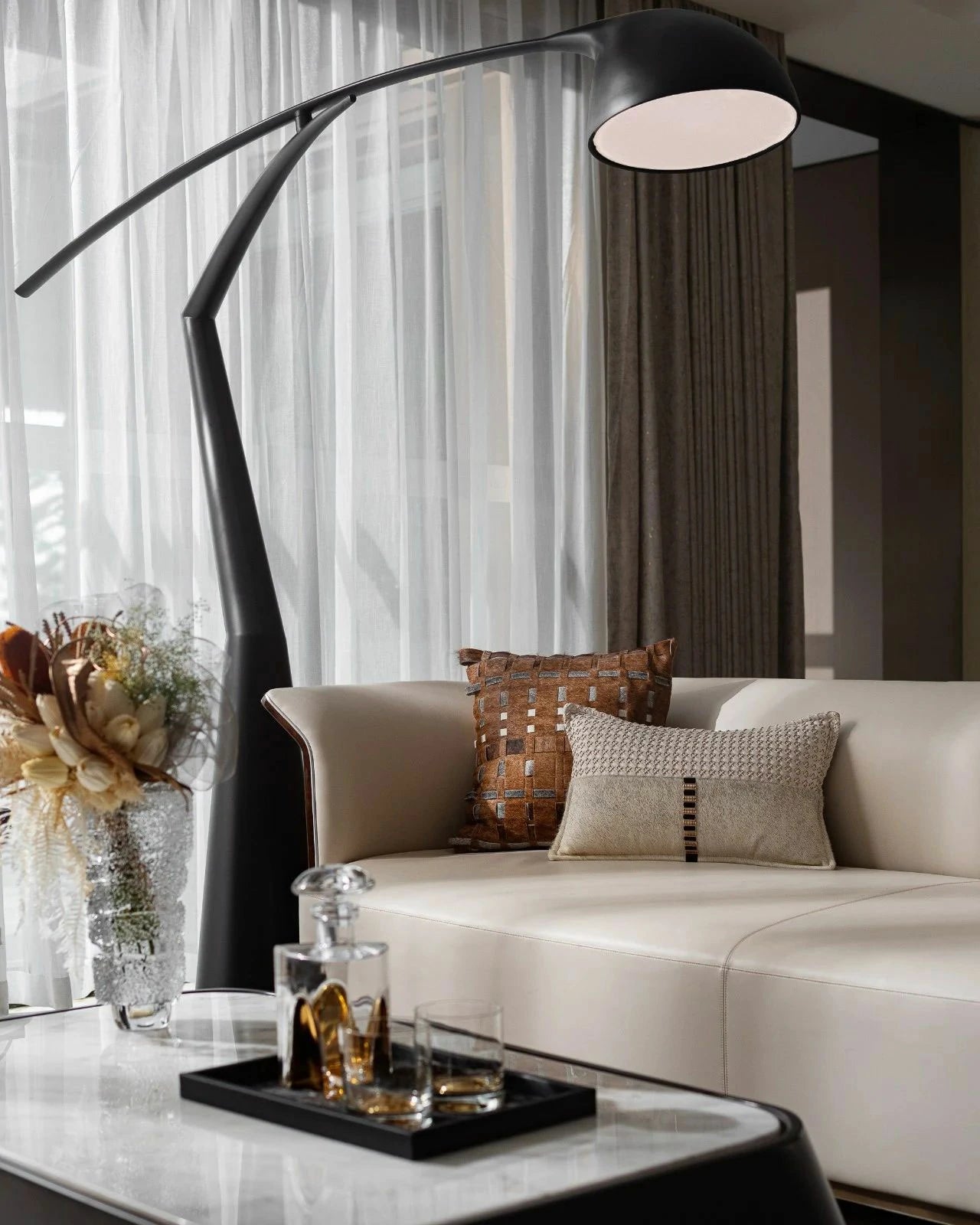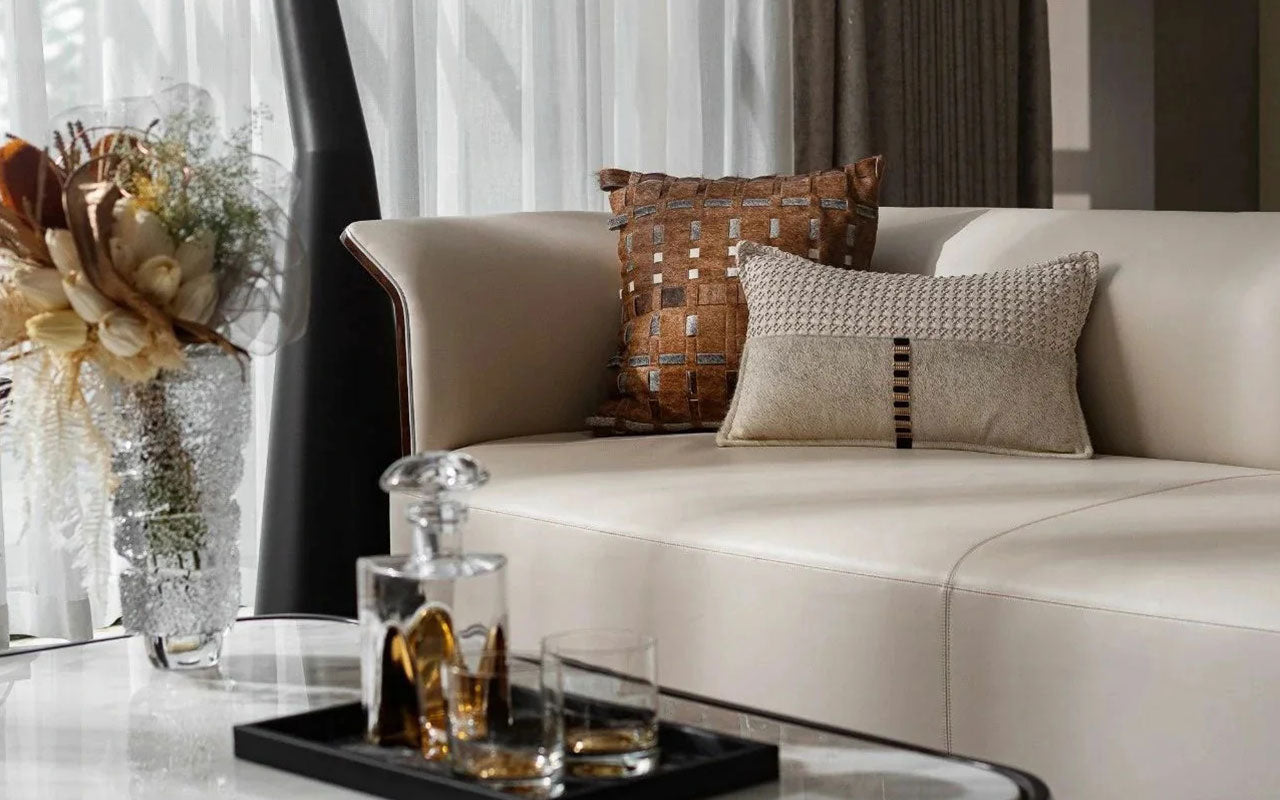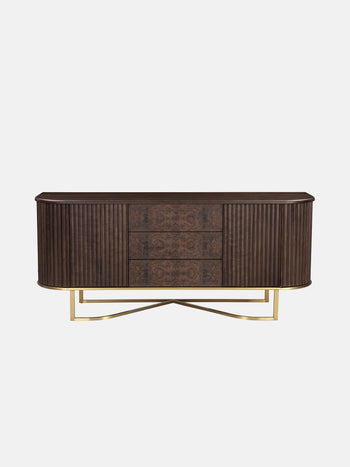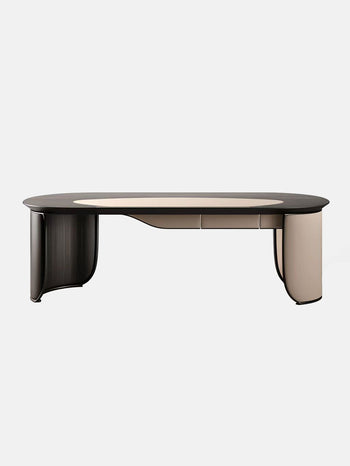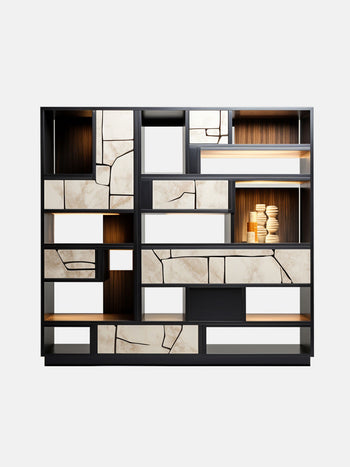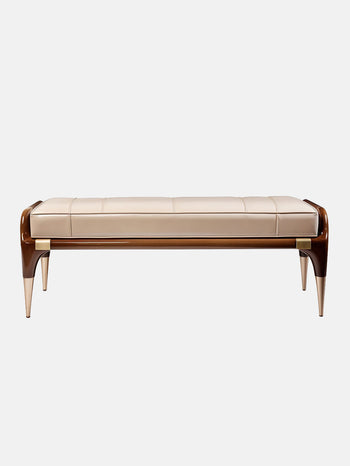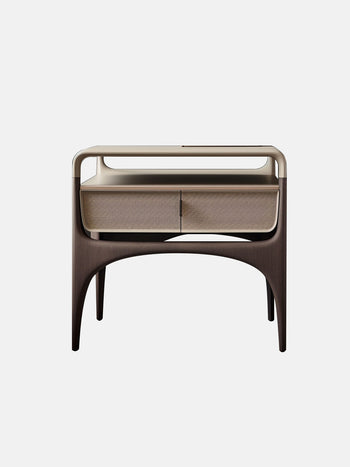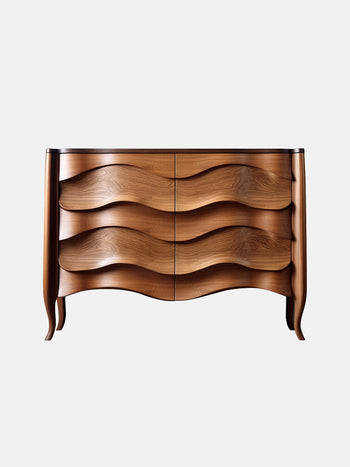Solid Wood Dining Table: Finding the Poetic Fulcrum Between Roughness and Order

Introduction
When design must reconcile reason and emotion, furniture becomes the measure of life’s texture.

In Beijing’s Wu Bin and Miaomiao’s residence, a black solid wood dining table stands as a "silent vessel," quietly weaving spatial narratives with philosophical substance.

It eschews visual spectacle, instead interpreting modern life through the collision of stone factory textures, metallic coldness, and wooden warmth—a manifesto that "true aesthetics are forever rooted in reverence for function."

Living Room | Restraint as Power
The narrative begins with ivory linen sofas, but the true backbone lies in the concealed black dining table. Avoiding traditional focal status, its low-saturation presence dialogues with exposed concrete walls and geometric staircases.

The designer intentionally suppresses its display value: raw wood burls and knots remain untouched; the metallic frame is reduced to minimalist lines, harmonizing with calligraphy wall art in "effortless restraint."

Sofa softness and table rigidity mirror life’s dual tensions, dissolving into the wildflowers casually placed on the coffee table.

Dining Area | Symbiosis of Roughness and Order
Here, the table reveals its ambition. The surface assembles recycled stone factory remnants—each slab’s natural grain emerging beneath matte lacquer, juxtaposed against concrete island units as a metaphor for "human taming of nature."

Cold metallic frames slice through space yet conceal functional secrets: woven rattan chairs mirror the table’s rawness, transforming communal meals into rituals.

When white porcelain clashes with dark edges, preserved tool marks become tender resistance against industrial perfectionism.

Guest Lounge | Fluid Functional Theater Beyond the camera’s gaze, the table’s logic extends. Foldable sideboards and modular coffee tables echo its "hidden mechanics"—rattan storage baskets and metal trays morph the table into workstations or tasting counters.

Through multipurpose design, the architect blurs social and private boundaries. As Wu Bin states: "True functionalism ensures every gesture finds its rightful vessel."

Bedroom | Private Spaces with Public DNA

Even the bedroom nightstands inherit the table’s ethos: reclaimed wood and metal reimagined with softened edges. Linen bedding mirrors the table’s rattan elements, subtly linking rest zones to communal spaces.

At dawn, light filtering through louvers illuminates a miniature side table (kinetic siblings to the dining table’s structure), its exposed welds quietly integrating sleep realms into the home’s rational narrative.

Conclusion: Furniture as Manifesto

This black solid wood table is an essay in "restraint." It rejects influencer aesthetics yet preserves quarry temperatures in its pitted surfaces; it downplays display value yet turns every clink of cutlery into material philosophy.

When Wu Bin and Miaomiao dine here, metallic reflections dance across calligraphy walls before settling on unpolished wood fissures—a testament to their pursuit of "anti-design": within precision-engineered functionality, leaving room for life’s spontaneity.

For true design needs no audience—it whispers its finale through steam from teacups, the touch of porcelain, even the quiet battle against food stains.
Design Team | Wu Bin
If there's infringement, please contact for removal.
 New Creative
New Creative
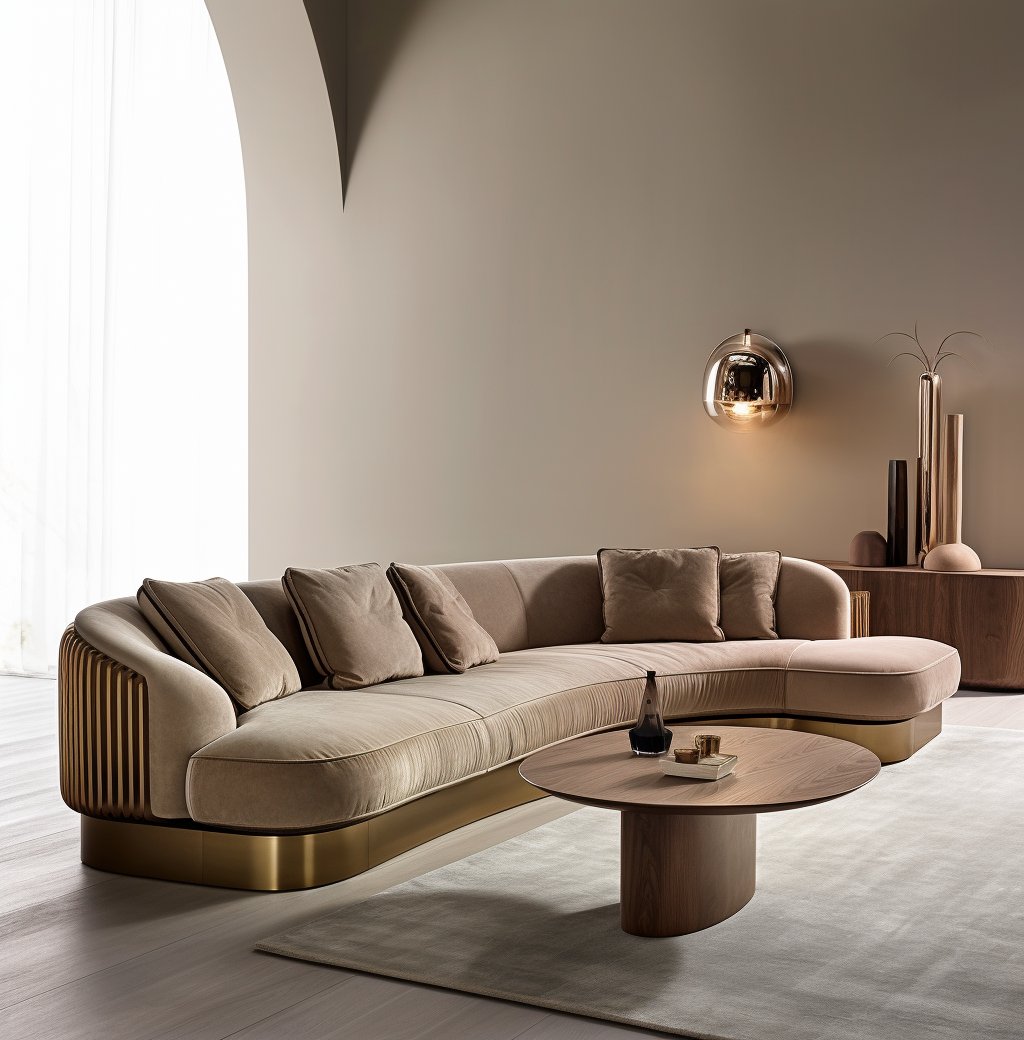 Best Sellers
Best Sellers
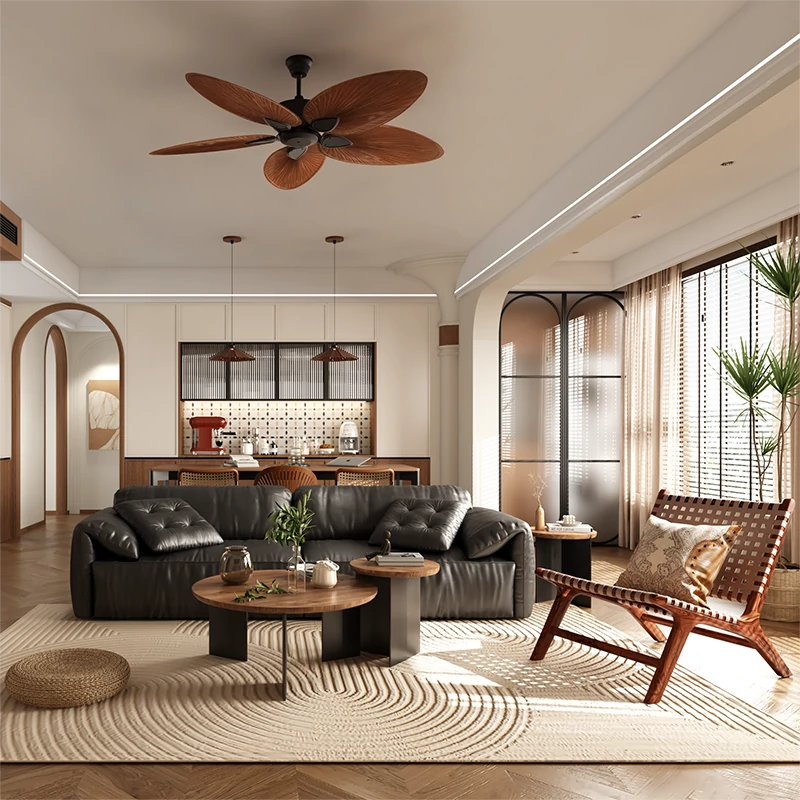 Shop The Look
Shop The Look
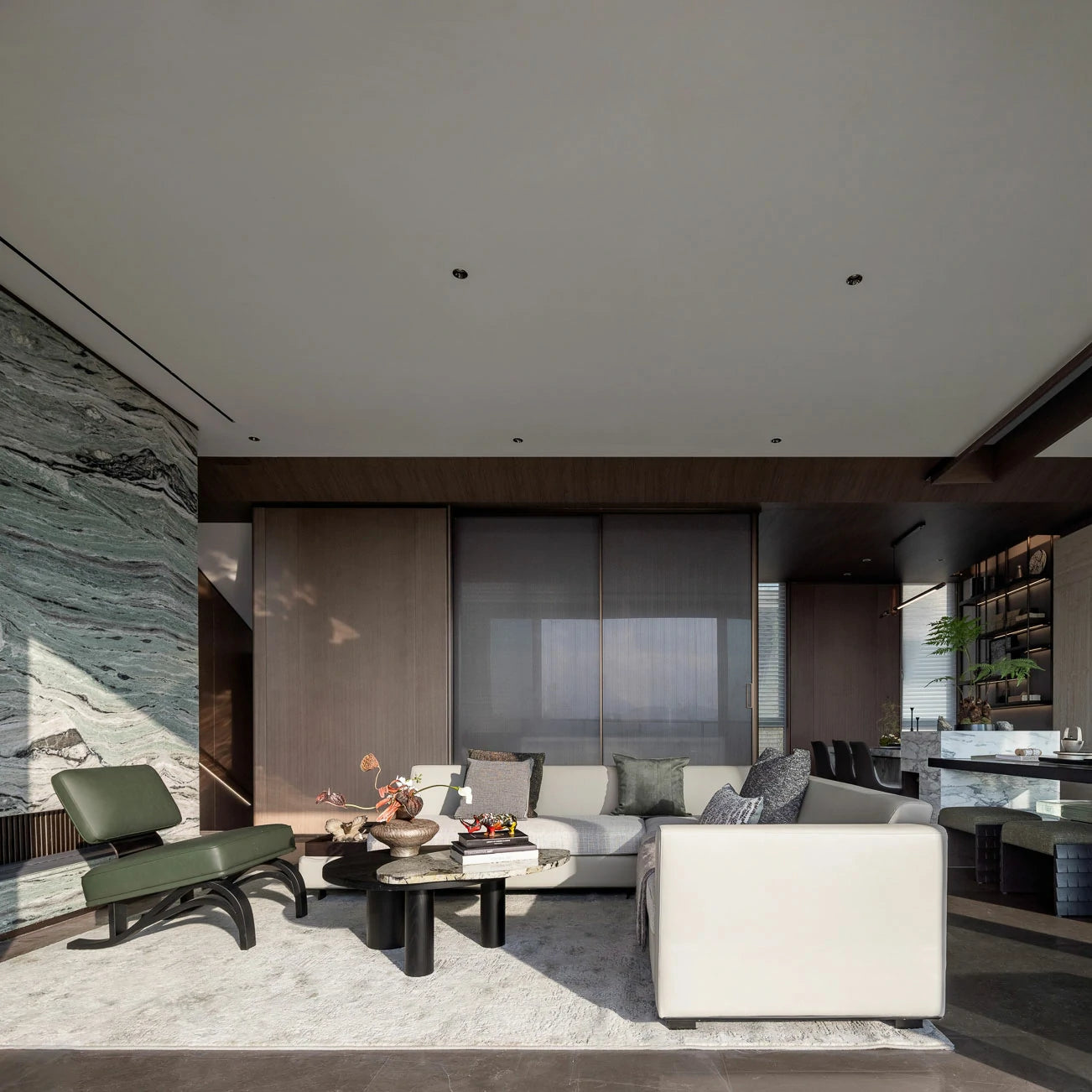 New Room
New Room
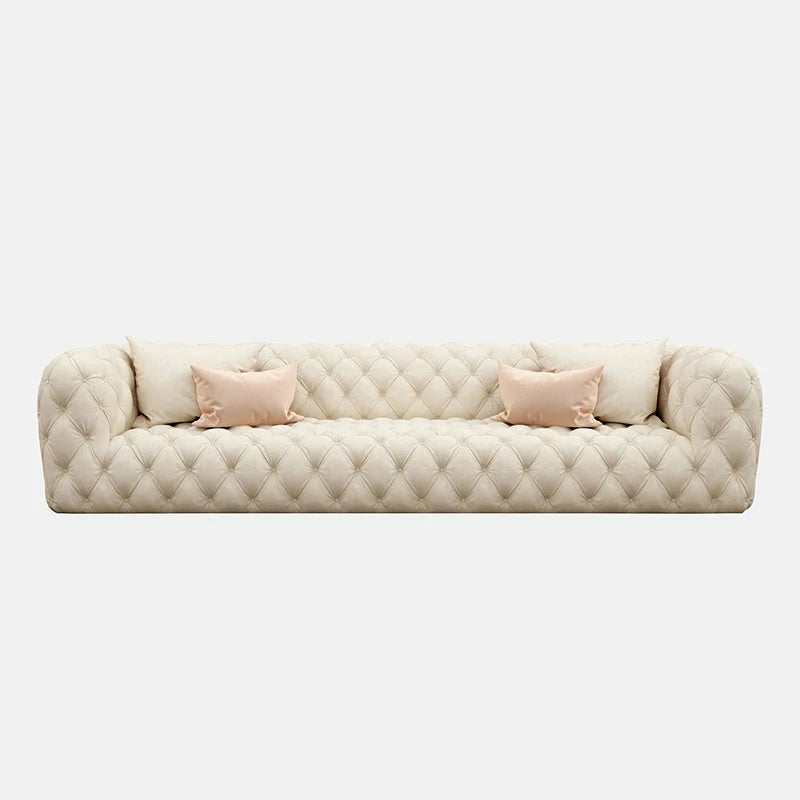 Sofas & Seating Systems
Sofas & Seating Systems
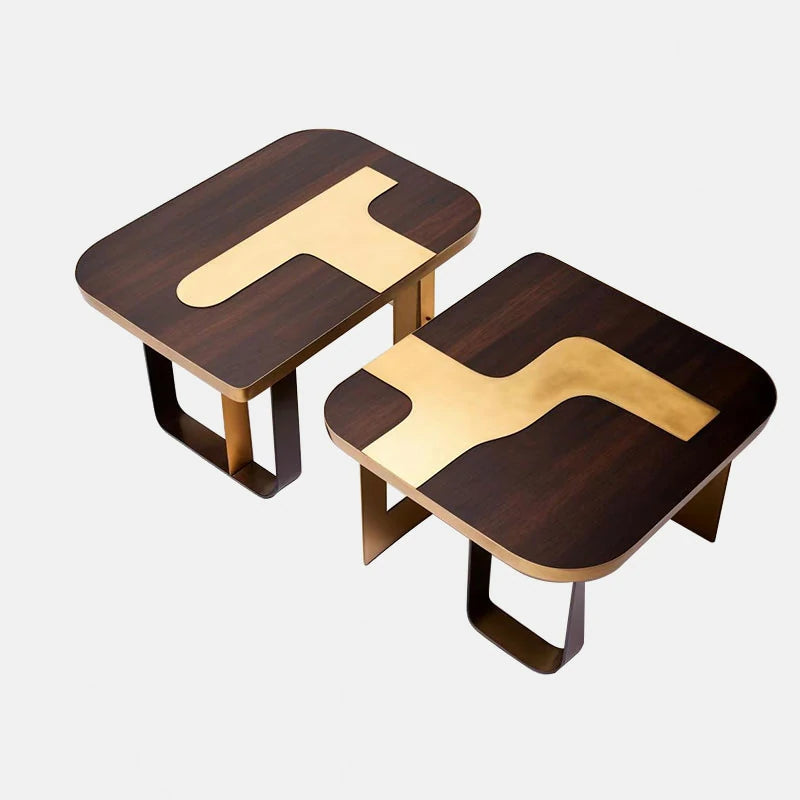 Coffeetables & Sidetables
Coffeetables & Sidetables
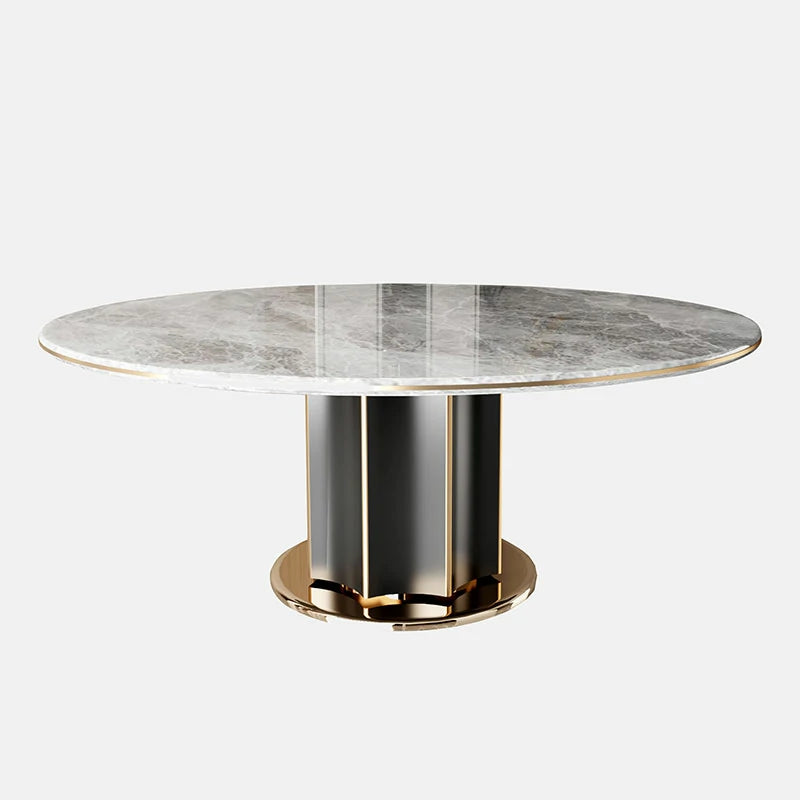 Tables
Tables
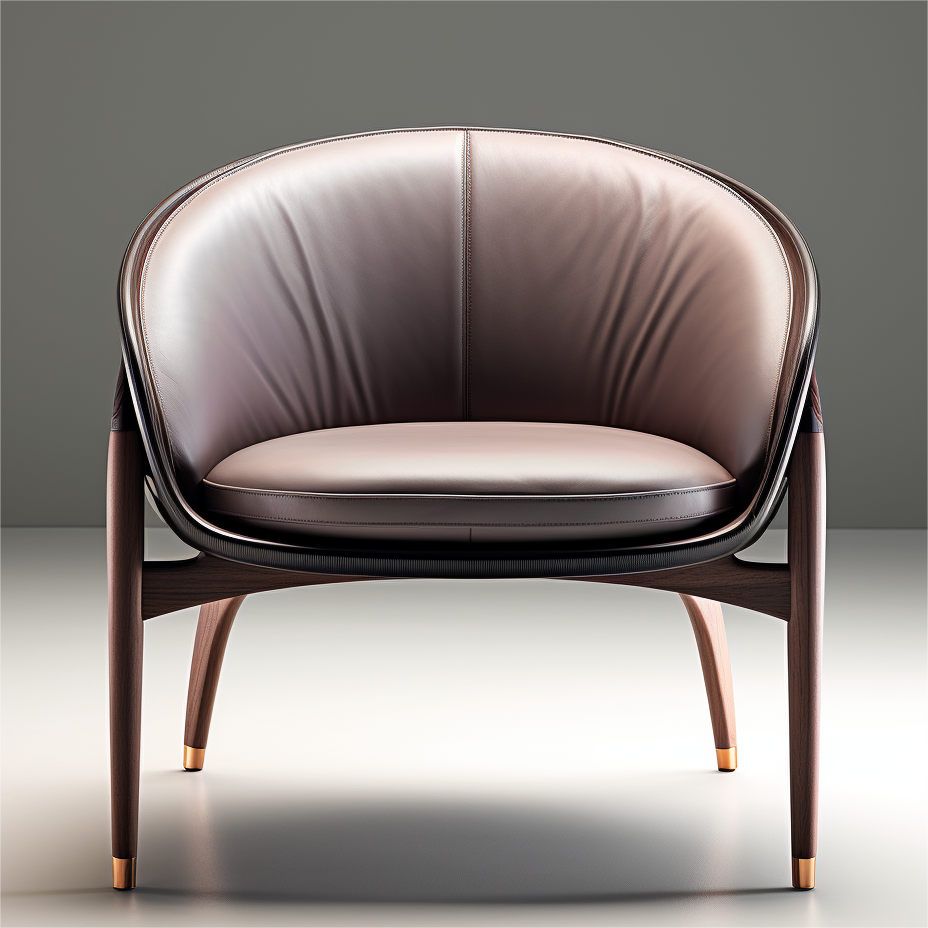 Chairs
Chairs
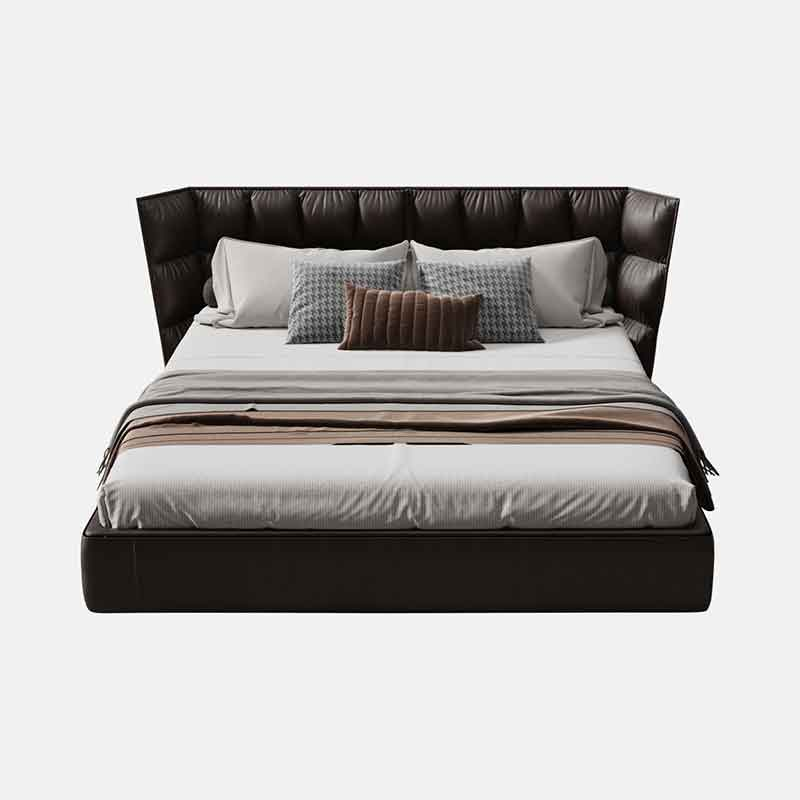 Beds
Beds
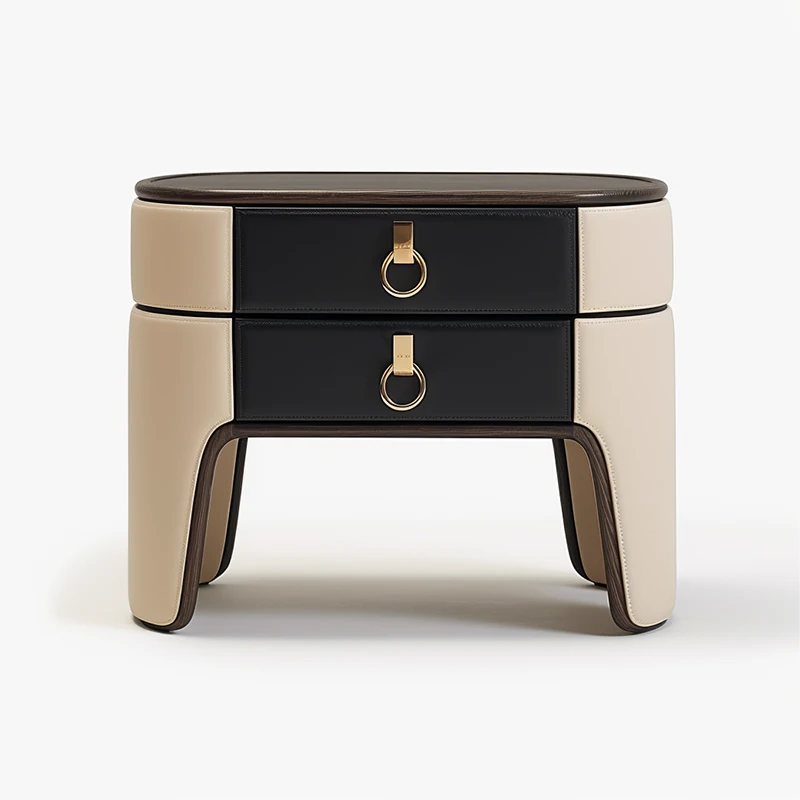 Nightstands & Vanities
Nightstands & Vanities
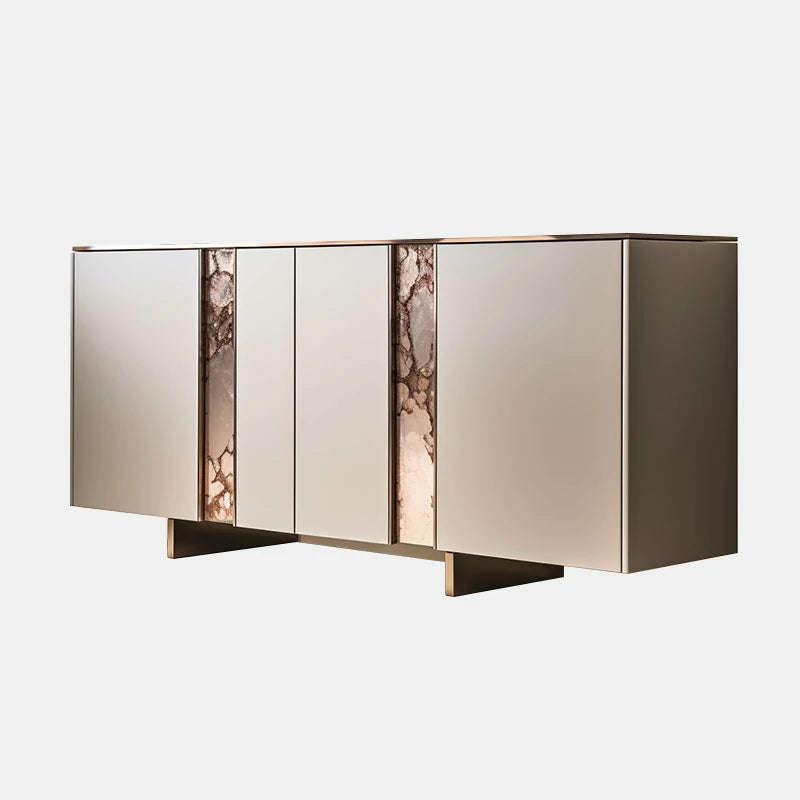 Sideboards & Bookcases
Sideboards & Bookcases
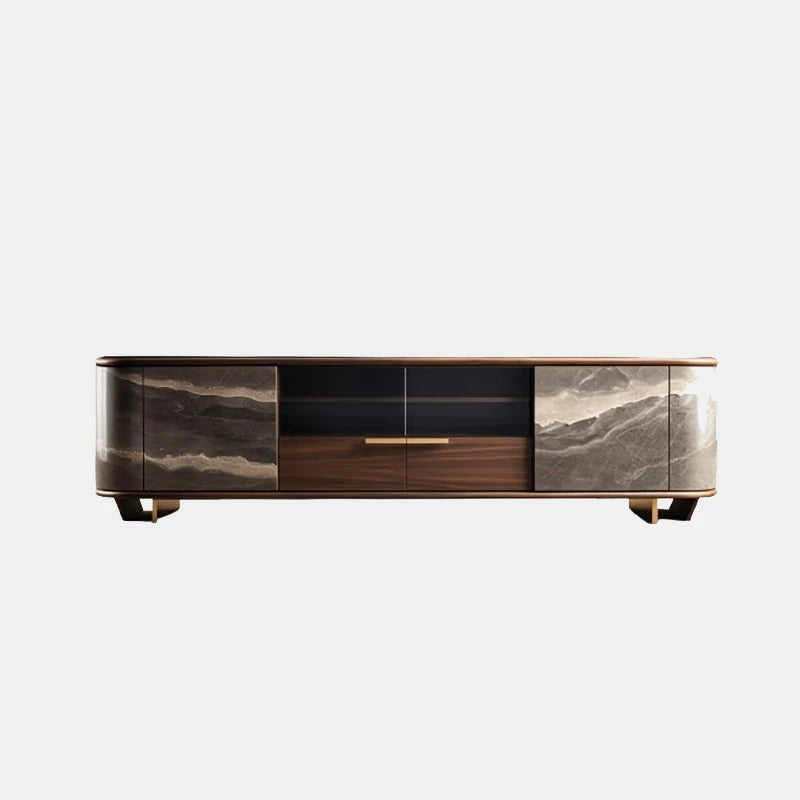 Console
Console
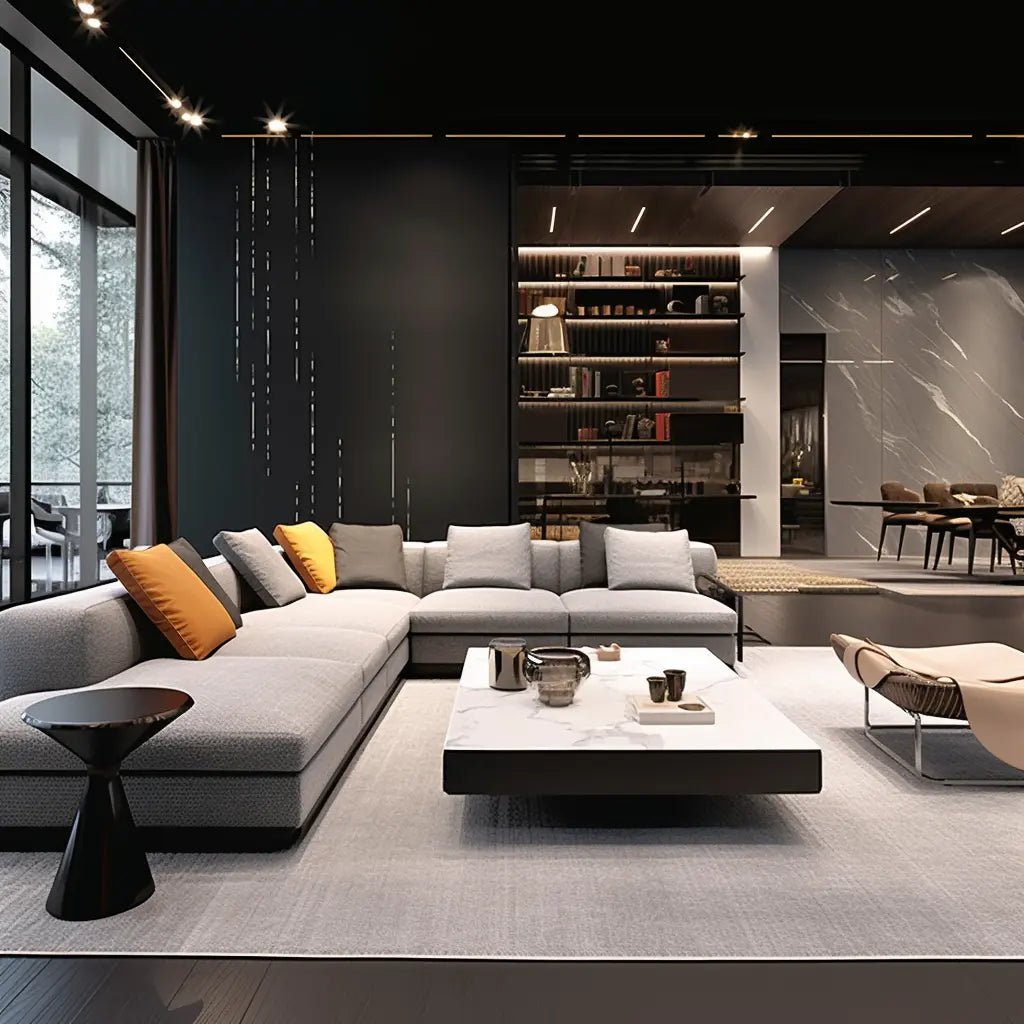 Livingroom
Livingroom
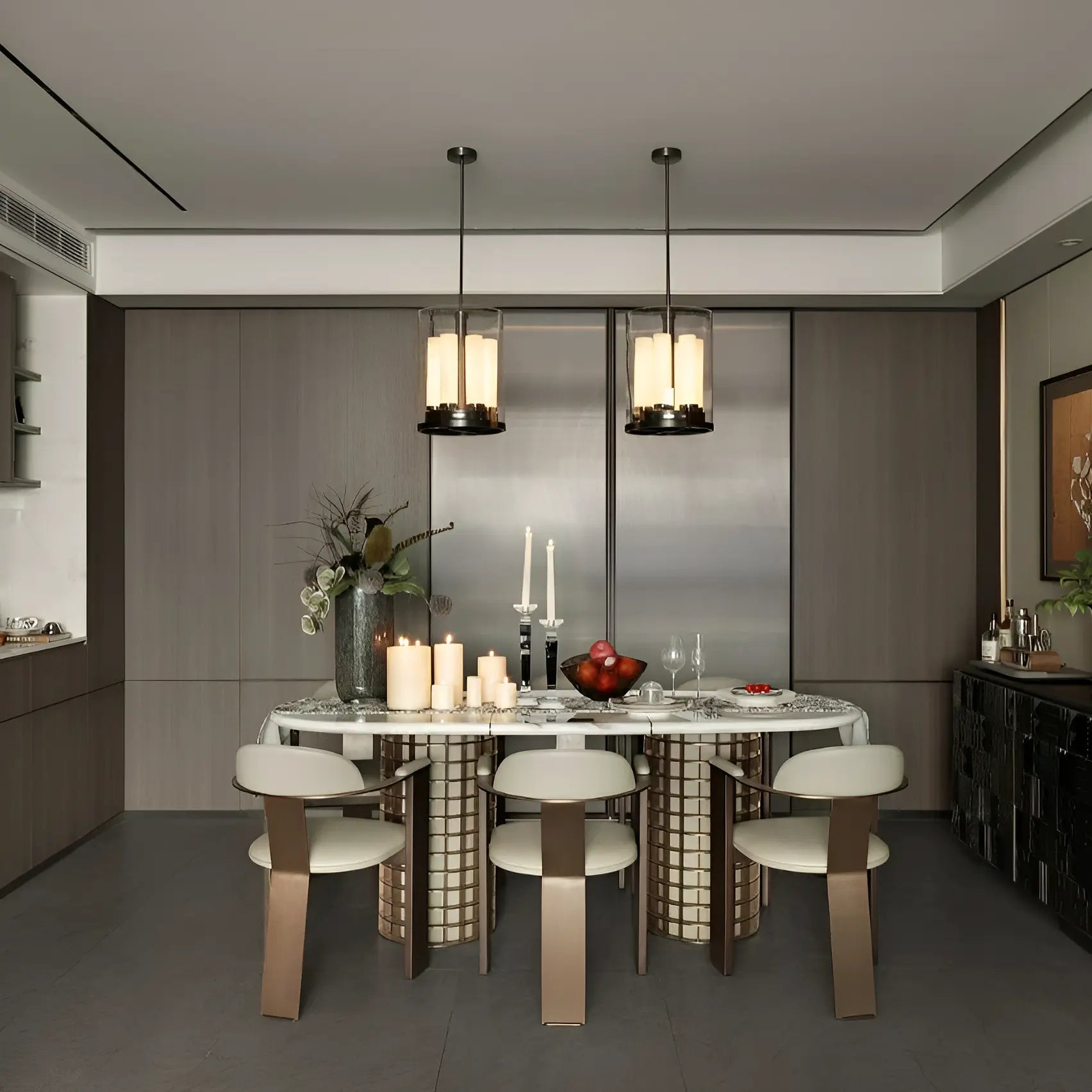 Diningroom
Diningroom
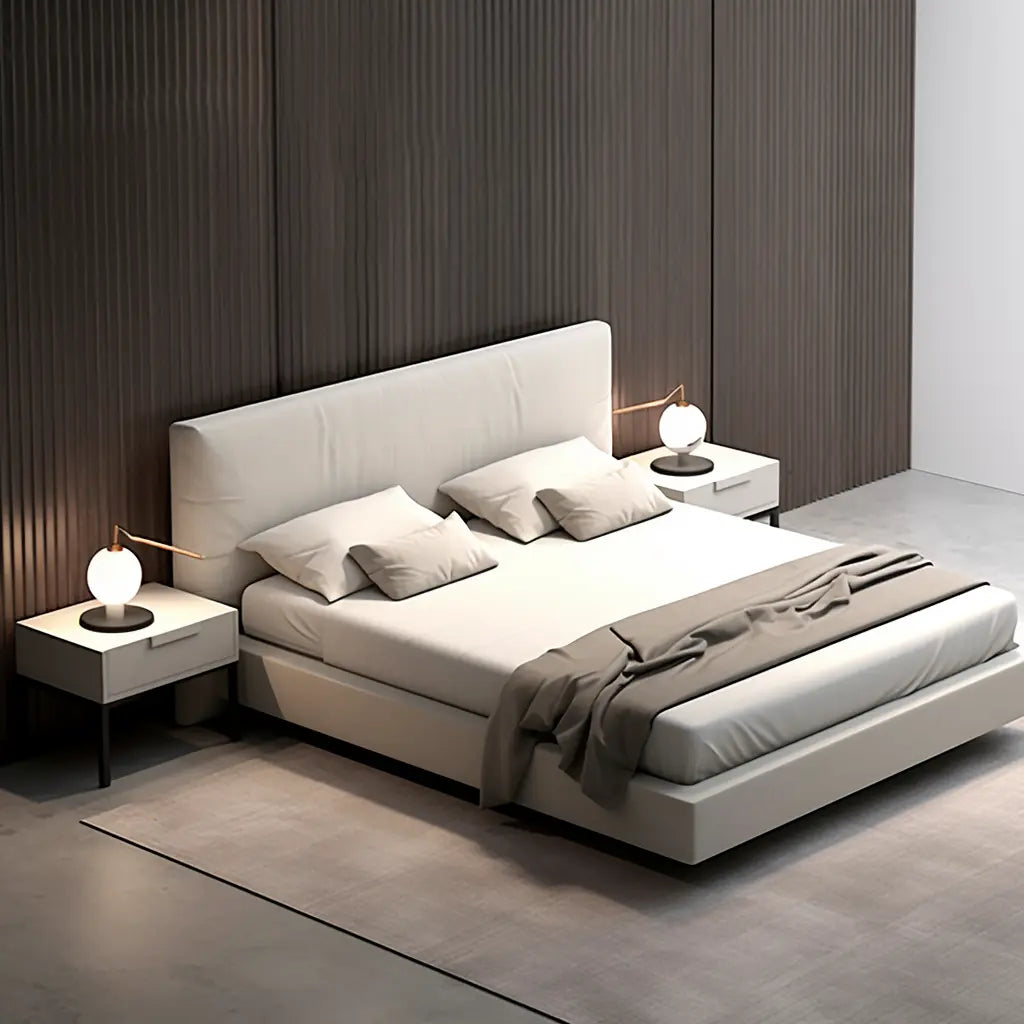 Bedroom
Bedroom
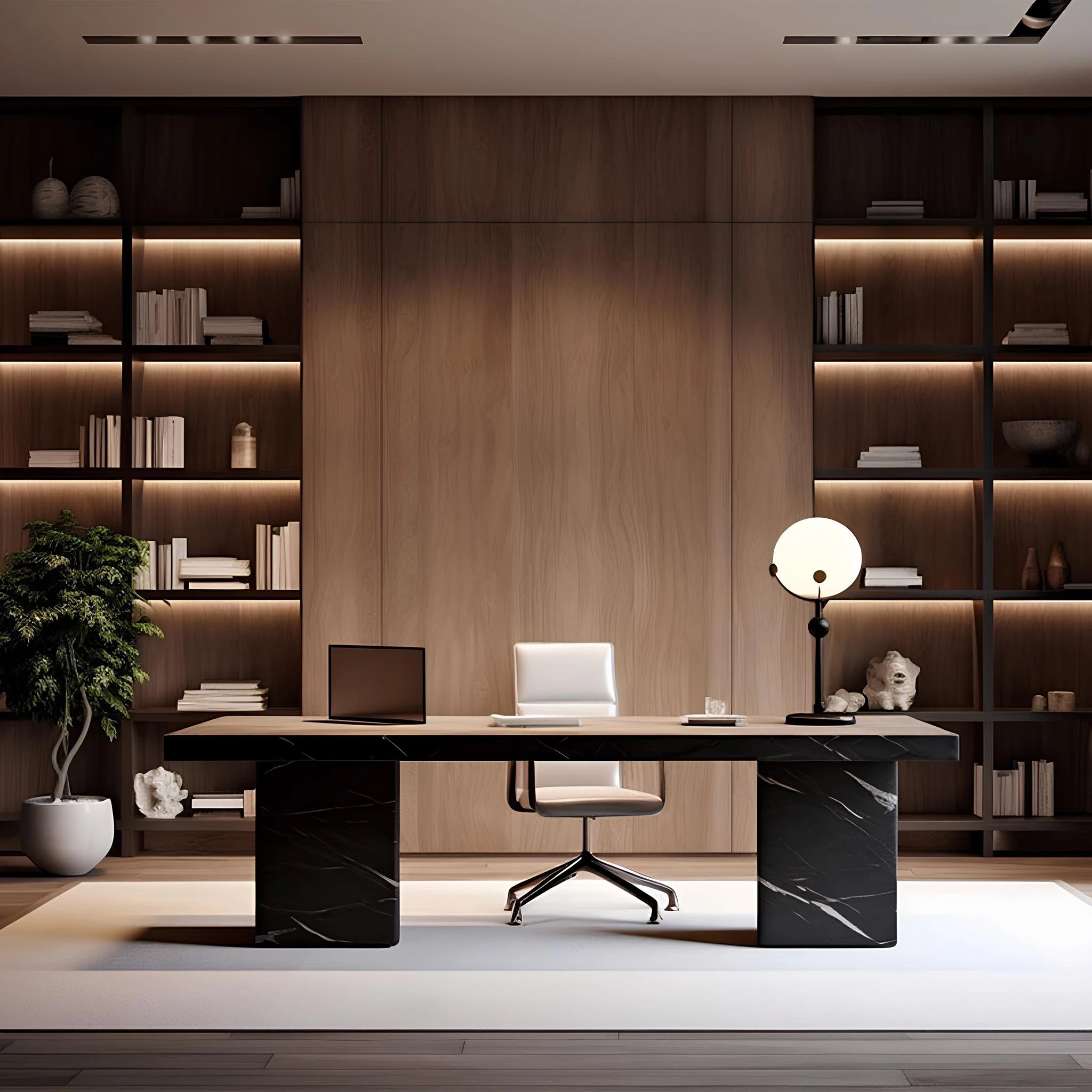 Officeroom
Officeroom
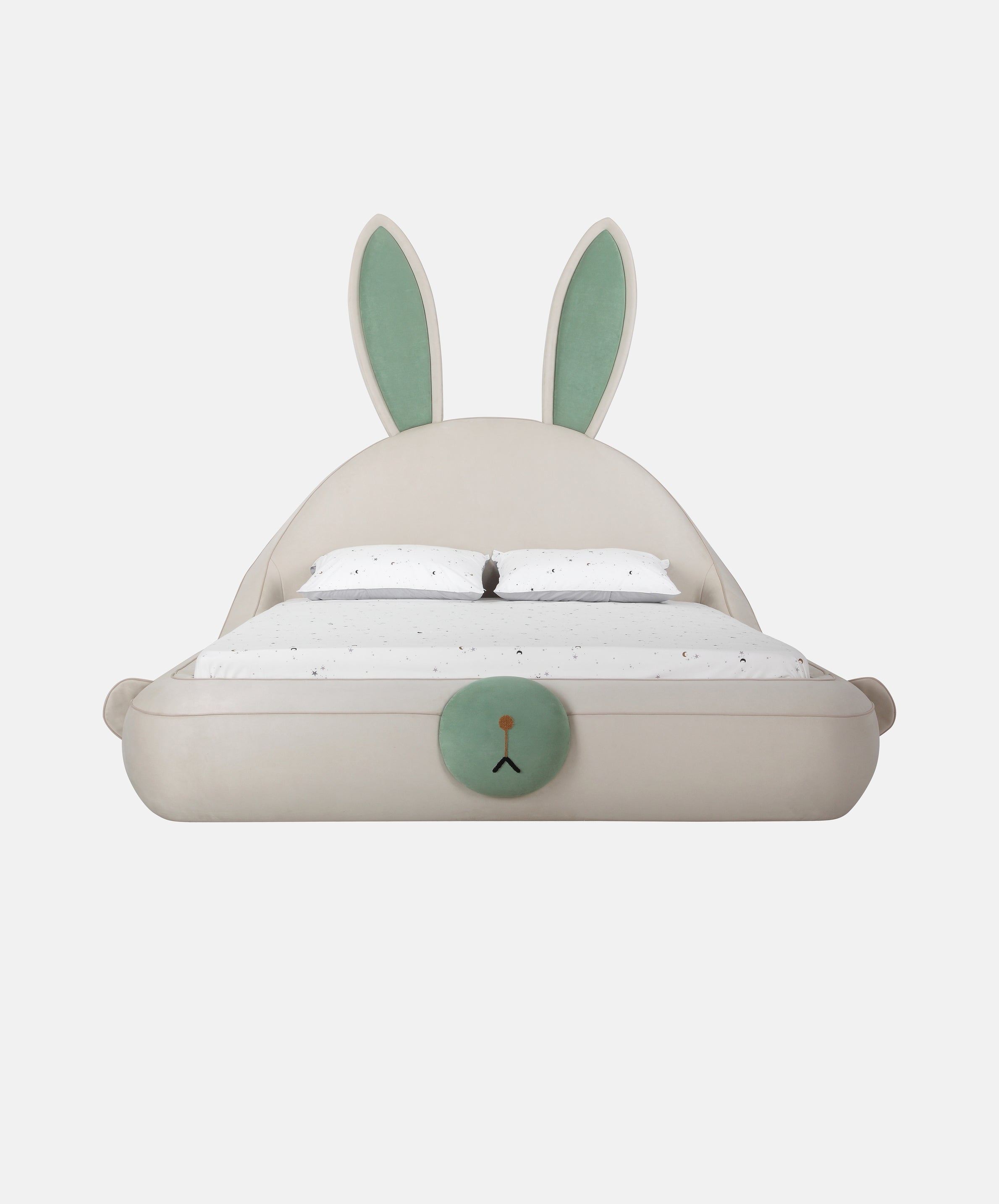 Cartoon & Children
Cartoon & Children


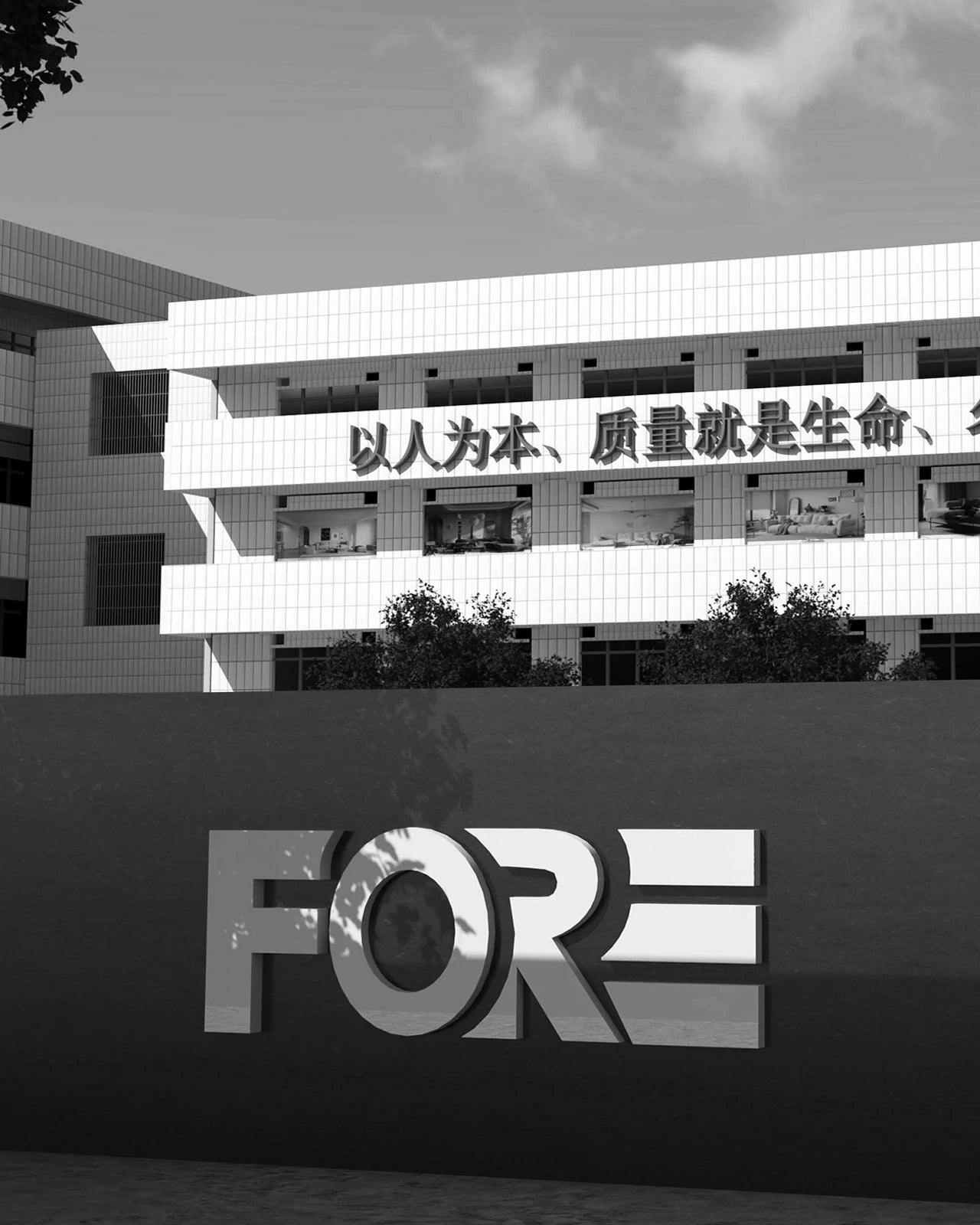

 About Us
About Us
 Sustainability
Sustainability
 Gentle Wood and Soft Curves: An Ideal Home Scene
Gentle Wood and Soft Curves: An Ideal Home Scene
 The Philosophy of Life Around the Dining Table: Finding Peace Between Nature and Modernity
The Philosophy of Life Around the Dining Table: Finding Peace Between Nature and Modernity
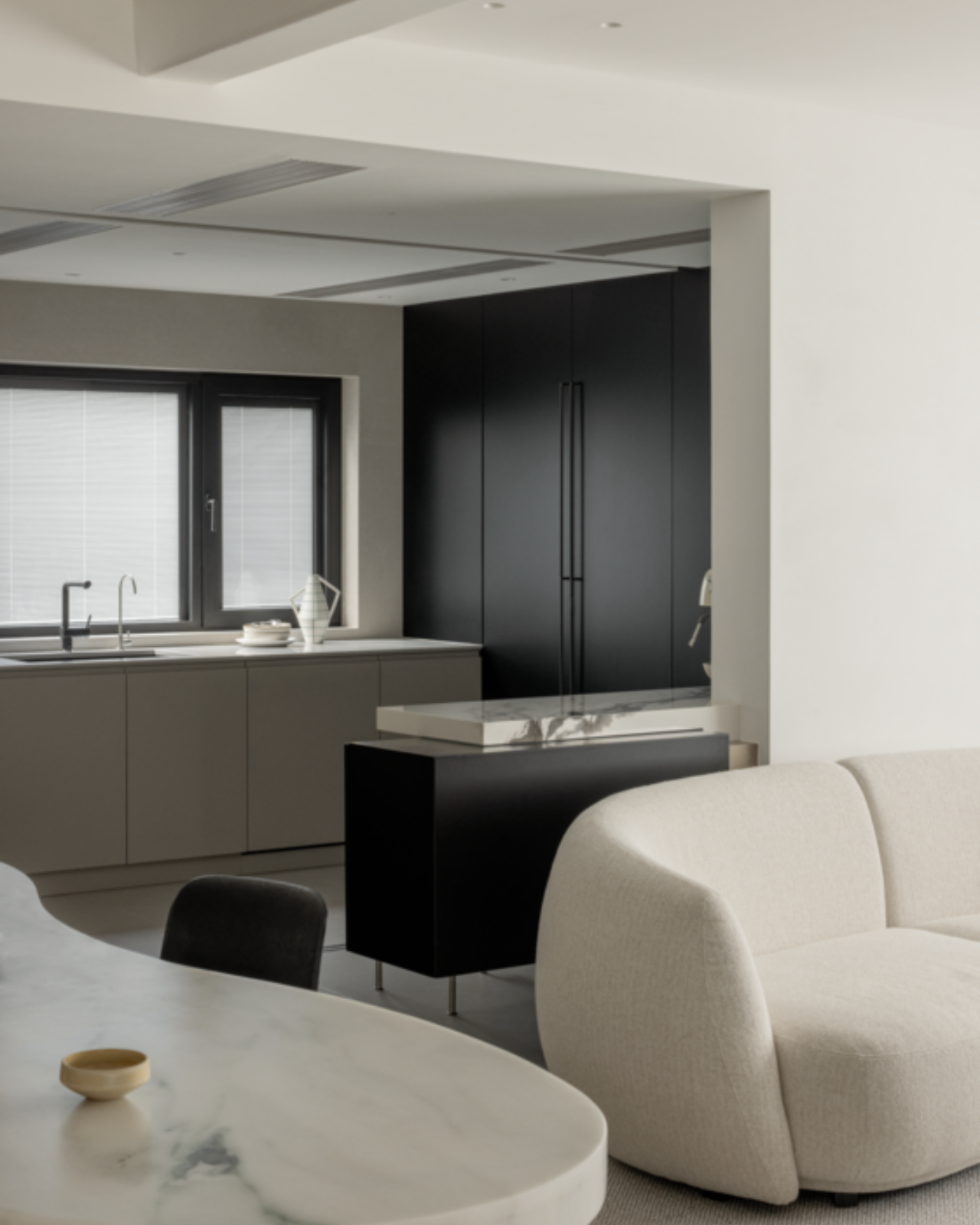 The Fusion of Comfort and Art: The Story of the Sofa at Home
The Fusion of Comfort and Art: The Story of the Sofa at Home


